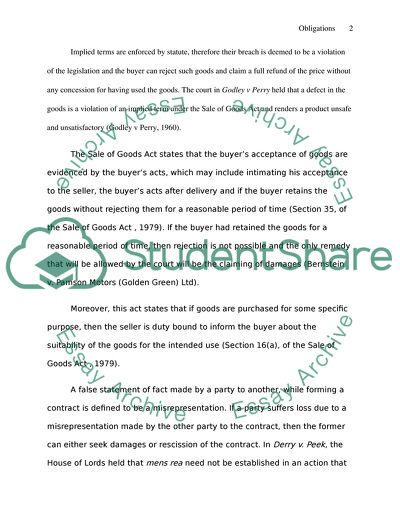Cite this document
(The Case in In Beale v Taylor Study Example | Topics and Well Written Essays - 1500 words, n.d.)
The Case in In Beale v Taylor Study Example | Topics and Well Written Essays - 1500 words. https://studentshare.org/law/1706835-law-obligations-3-coursework
The Case in In Beale v Taylor Study Example | Topics and Well Written Essays - 1500 words. https://studentshare.org/law/1706835-law-obligations-3-coursework
(The Case in In Beale V Taylor Study Example | Topics and Well Written Essays - 1500 Words)
The Case in In Beale V Taylor Study Example | Topics and Well Written Essays - 1500 Words. https://studentshare.org/law/1706835-law-obligations-3-coursework.
The Case in In Beale V Taylor Study Example | Topics and Well Written Essays - 1500 Words. https://studentshare.org/law/1706835-law-obligations-3-coursework.
“The Case in In Beale V Taylor Study Example | Topics and Well Written Essays - 1500 Words”. https://studentshare.org/law/1706835-law-obligations-3-coursework.


